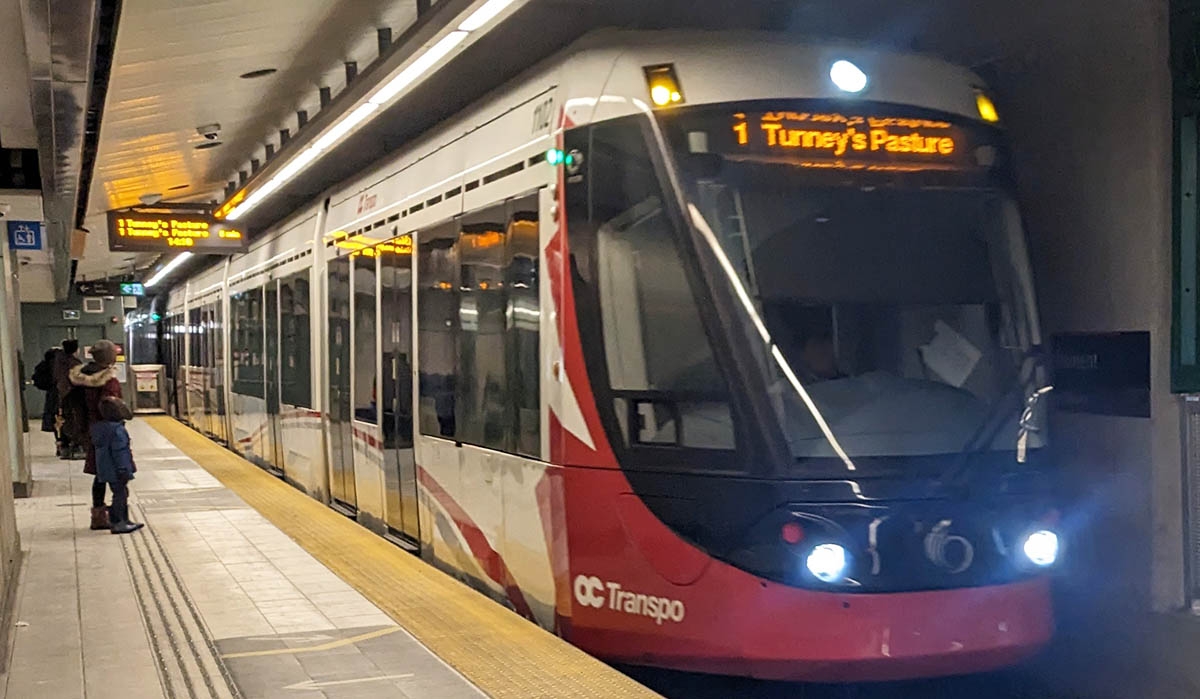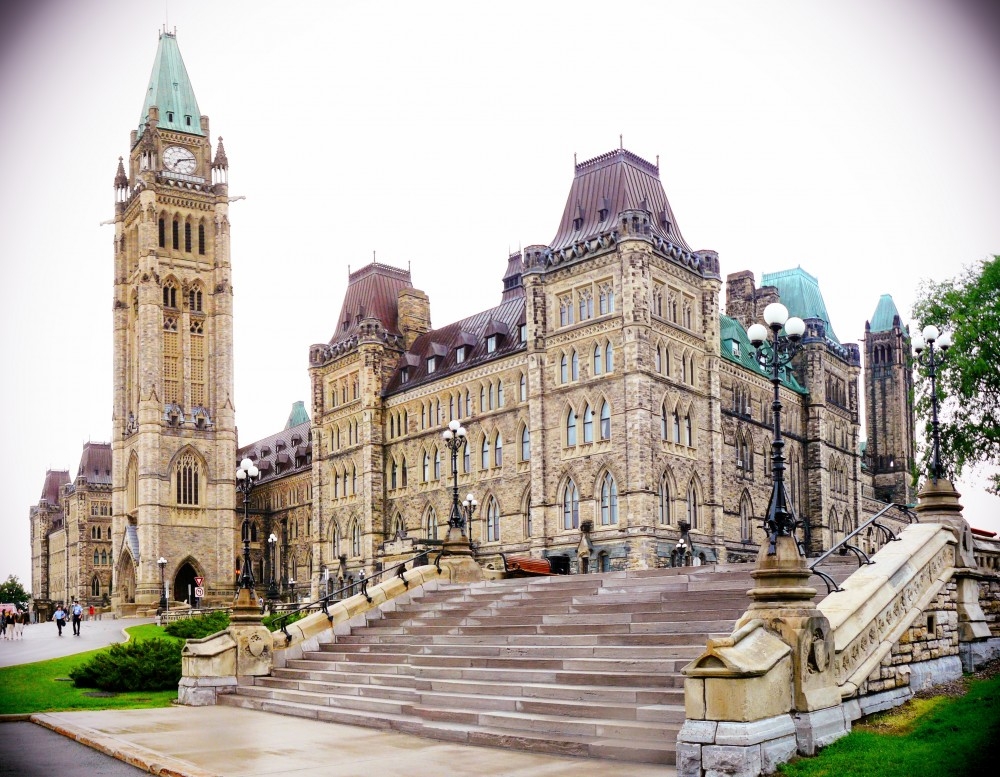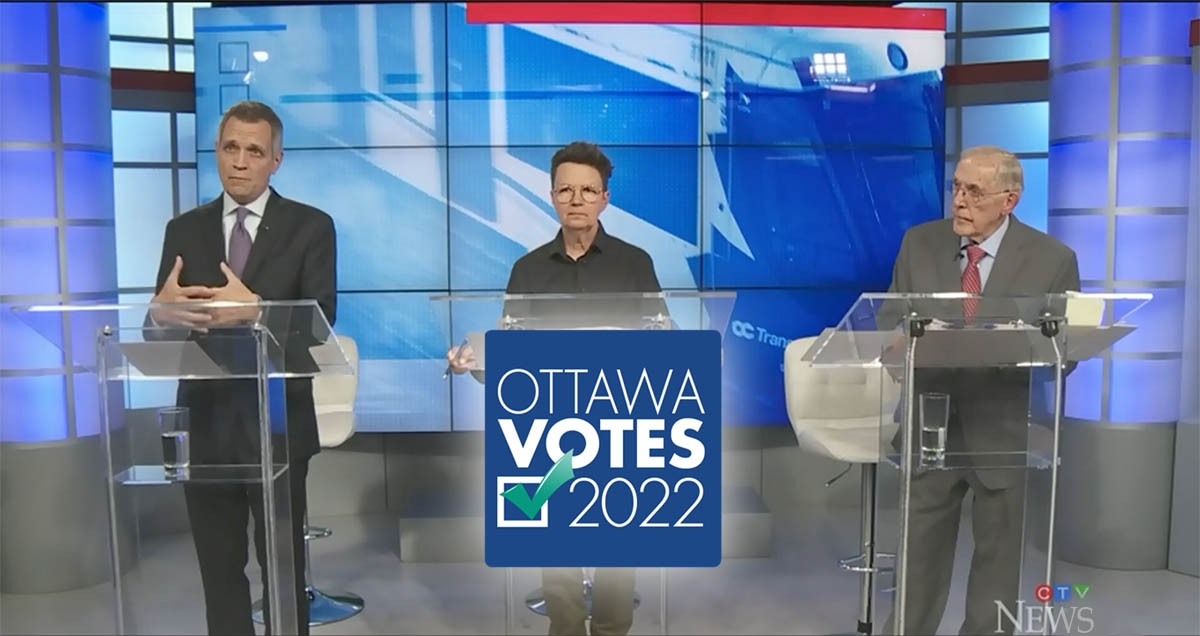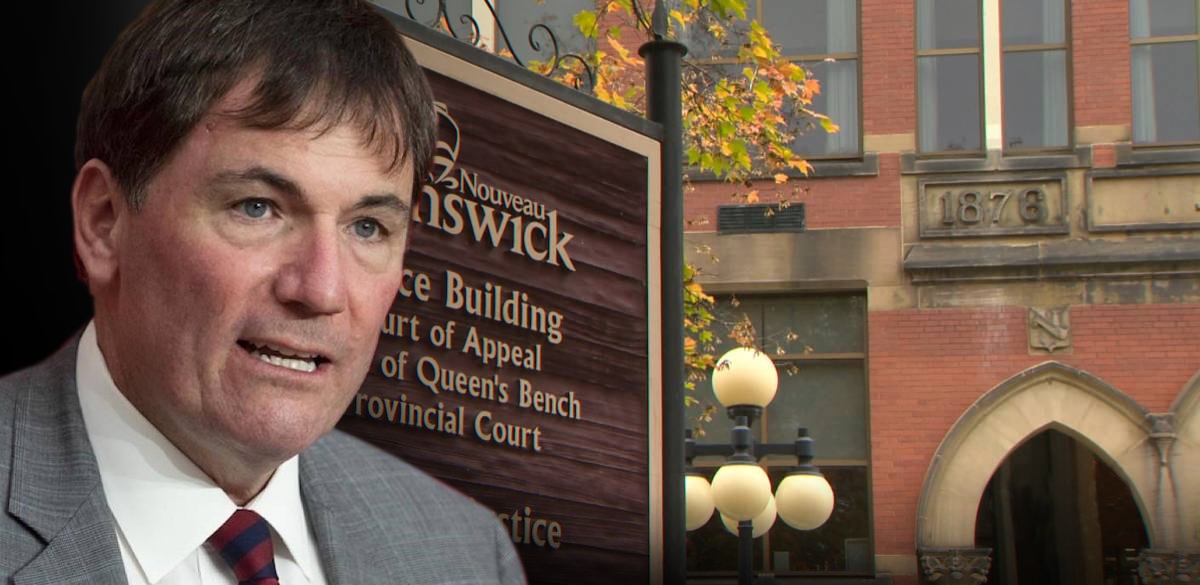
LRT will lack transparency as long as the P3 exists
During the 2022 mayoral campaign, Councillor Catherine McKenney raised concerns about P3 (public-private contracts). At the time, McKenney was the front-runner in the campaign to replace outgoing mayor Jim Watson. McKenney warned that the public-private partnership contracts, known as P3, kept most of Ottawa’s light rail transit (LRT) shrouded in secrecy, stating, “We paid over $2 billion for stage one, and we don’t even get to look over their (Rideau Transit Group’s) shoulder.”
McKenney called the problem months before it was officially noted and was among the first to publicly call for an inquiry. An inquiry was eventually called, forced in part by the provincial government, a funding partner in the project—the final report was released in November 2022.
The executive summary of the LRT inquiry outlines that the P3 contract with Rideau Transit Group (RTG) and Rideau Transit Maintenance (RTM) was initiated in 2012 to reduce the financial risk to the city during the LRT construction. In 2016, when a Godzilla-sized sinkhole on Rideau Street swallowed a minivan during work on the Rideau Street LRT station, Ottawa saved nearly $100 million in associated costs because Rideau Transit Group took the hit.
On April 3, 2023, CTV Ottawa reported that employees from Alstom, the company that performs inspections along the LRT line, had not participated in mandatory training courses. Two days later, the LRT system again failed, repeating what has become a pattern for Ottawa residents.
The LRT inquiry showed significant failures on the part of RTG and RTM, from misleading public officials to providing inadequate staff for maintenance, but the inquiry did not pick up on the lack of training. City Council’s response to Justice William Hourigan’s LRT inquiry report was to create an LRT subcommittee.
The mandate of this body is to “provide oversight and focused attention on non-operational matters related to Ottawa’s light rail systems.” In other words, the subcommittee does not look at operational issues related to the LRT. During Transit Commission meetings, operational matters for every other part of the transit system are regularly discussed and scrutinized.
During the Transit Commission meetings over the electric bus procurement program, Councillor Wilson Lo was highly critical of the plan, the technology, and the operational aspects of the program. Lo also criticized the small-scale trial of the e-bus programs. As a former bus operator for OC Transpo, Lo had legitimate concerns, and voicing them makes them part of the public discourse.
Why can’t LRT operational matters be scrutinized at LRT subcommittee meetings? If they allowed the type of input like that of Councillor Lo's, it could avoid operational blunders like having maintenance staff who are not fully trained.
Rider frustrations and concerns with the LRT are inherently operational. The outage during the April 5, 2023, ice storm left passengers stranded in non-moving trains for an hour before Ottawa firefighters cut a hole n the perimeter fence to rescue stranded passengers. That is an operational failure.
In February 2023, Councillor Shawn Menard attempted to pass a motion for more oversight of Stage 2 construction, which could have helped alleviate future headaches. The vice chair of the LRT sub-committee, Councillor Cathy Curry, found the idea egregious and asked Menard what qualifications the Ottawa City Council had to determine “what is safe or not.”
Evidently, Rideau Transit Maintenance doesn’t know this either. Since launching in 2019, there have been train derailments, never-ending operational failures, and inspectors without the required training. It is little wonder that residents have taken to calling the $2.1-billion system set to become Ottawa’s primary transit apparatus the “NO-Train.”
Catherine McKenney was right. So long as one of the principal arteries in the public transit system is run partly by private interests, it will not have the oversight required of a transit system that serves a city of over a million residents.
To fix the LRT, Ottawa should look at moving away from the P3 contracts that were set up to save money but are instead being used as a shield to hide the system’s operational shortcomings. LRT riders and Ottawa taxpayers will benefit from making the LRT a public project again.












